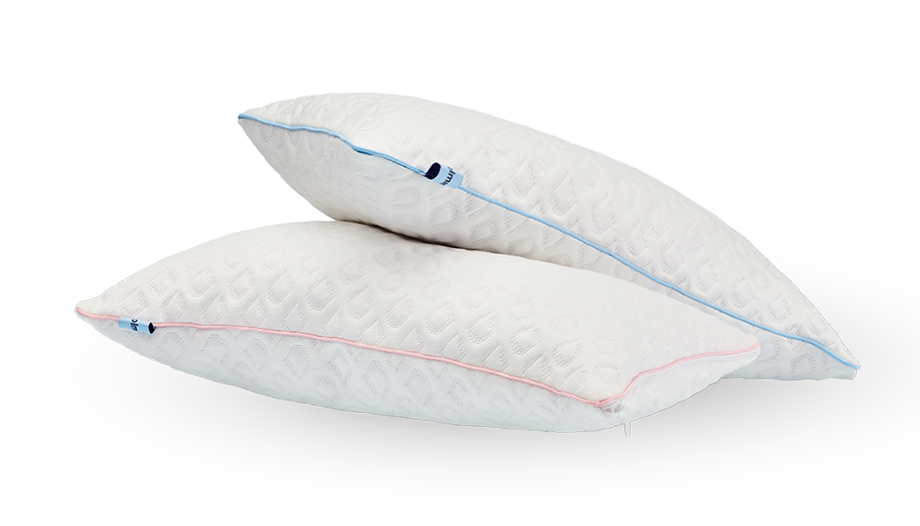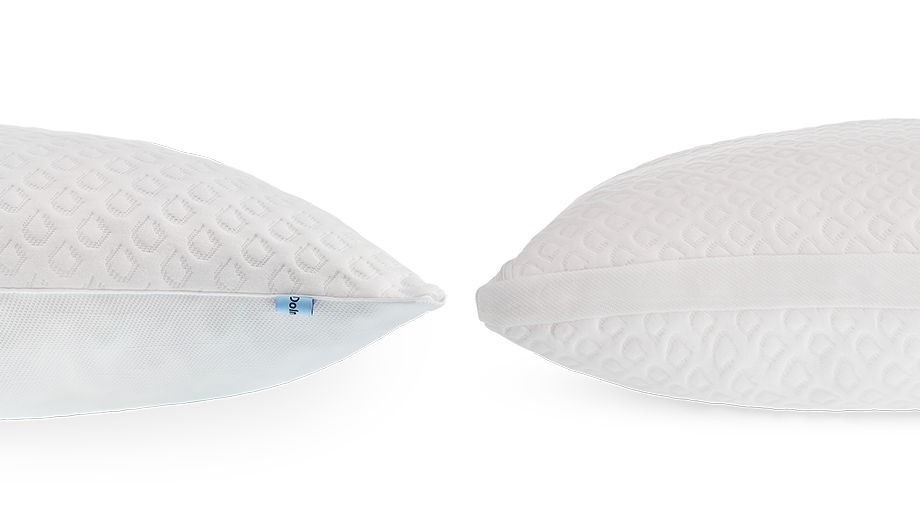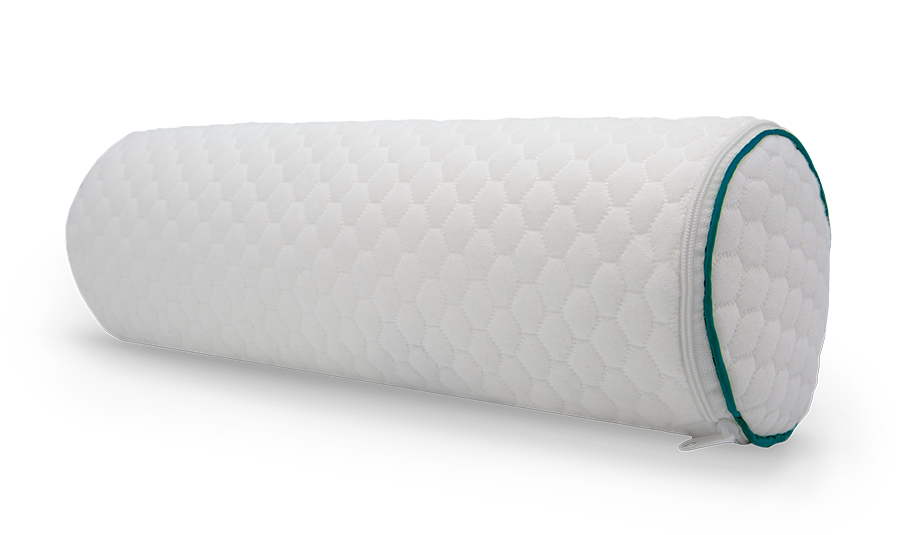The importance of Water Savers Inc. in today’s world, when water shortage is becoming a significant concern, cannot be emphasized. These innovative devices offer practical solutions to reduce water consumption without compromising efficiency. Whether you’re a homeowner looking to save on utility bills or a business aiming to meet sustainability goals, choosing the suitable Water Saver is crucial. Here’s a comprehensive guide to help you make an informed decision.
Evaluating Your Needs and Priorities
Before exploring the plethora of Water Savers Inc. options available, it is essential to assess your specific requirements. Consider factors such as water usage patterns, budget constraints, and the desired level of conservation. Are you focused on reducing water waste in your household or aiming for large-scale conservation in an industrial setting?
Types of Water Savers
Water Savers Inc. offers a diverse range of products tailored to various applications. There’s a Water Saver for every need, from low-flow showerheads and faucet aerators for residential use to sophisticated flow control valves and irrigation controllers for commercial and industrial settings. Each type is designed to optimize water usage without sacrificing performance, ensuring maximum efficiency and savings.
Factors to Consider When Choosing a Water Savers Inc
- Water Consumption: Evaluate your current water usage and identify areas where reduction is possible. Understanding your consumption patterns will help you determine the savings you can achieve with a water saver.
- Type of Fixture: Consider the kind of fixture you intend to install the water saver on, whether it’s a showerhead, faucet, or irrigation system. Different fixtures may require specific types of water savers for optimal performance.
- Flow Rate: Pay attention to the water saver’s flow rate. Opt for models that offer adjustable flow rates to accommodate varying usage needs while conserving water effectively.
- Water Pressure: Ensure the water saver maintains adequate water pressure for your needs. While reducing water consumption is essential, it should not come at the expense of comfort or functionality.
- Compatibility: Check the compatibility of the water saver with your existing plumbing system. Make sure it can be easily installed without the need for extensive modifications.
- Durability: Select a water saver of sturdy materials resistant to frequent use and wet exposure. This will ensure longevity and minimize the need for frequent replacements.
- Certifications: Look for water savers certified by reputable organizations for compliance with efficiency and performance standards. Certifications assure quality and reliability.
- Ease of Maintenance: Take the water saver’s maintenance needs into consideration. For models that will remain effective over time, choose ones that are simple to maintain and clean.
- Cost: Evaluate the price of the water saver and weigh it against the potential savings in water bills. While higher-quality models may come with a higher upfront cost, they often offer more significant long-term savings and durability.
- Environmental Impact: Consider how the water saver will affect the environment. Select models intended to reduce water wastage and support general conservation initiatives.
Conclusion
Choosing the suitable Water Savers Inc is a pivotal step towards sustainable water management. By evaluating your needs, considering key factors, and exploring available options, you can select a Water Saver that aligns with your conservation goals and maximizes efficiency. Embracing water-saving technologies benefits your bottom line and contributes to the collective effort to preserve our planet’s most precious resource for future generations.
Frequently Asked Questions (FAQs)
What is the purpose of a Water Savers Inc?
A Water Saver aims to reduce water consumption by optimizing usage without compromising functionality.
How much water can I save with a Water Saver?
The amount of water saved varies depending on the type of Water Saver and usage habits, but significant reductions are achievable.
Are Water Savers compatible with all plumbing fixtures?
Most Water Savers are designed to be compatible with standard plumbing fixtures, but compatibility should be verified before purchase.
Do Water Savers affect water pressure?
Properly designed Water Savers maintain adequate water pressure while reducing consumption, ensuring a satisfying user experience.
Can businesses benefit from using Water Savers?
Absolutely. Businesses can reduce operating costs and demonstrate environmental responsibility by implementing Water Savers.
Are there government incentives for installing Water Savers?
Some regions offer incentives, rebates, or tax credits for adopting water-saving technologies, making it financially beneficial for businesses and homeowners.
Do Water Savers require special maintenance?
Water Savers typically require minimal maintenance, such as periodic cleaning to remove mineral deposits.
Can Water Savers be retrofitted into existing plumbing systems?
Many Water Savers are designed for easy installation in existing plumbing systems, making retrofitting straightforward.
Do Water Savers contribute to environmental conservation?
Water Savers play a crucial role in conserving precious water resources and minimizing environmental impact by reducing water consumption.
Are there different types of Water Savers for other applications?
Water Savers come in various types and sizes, each suited to specific residential and industrial applications.


